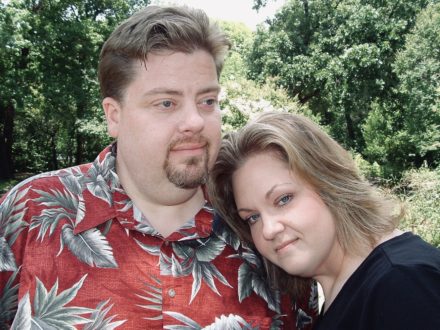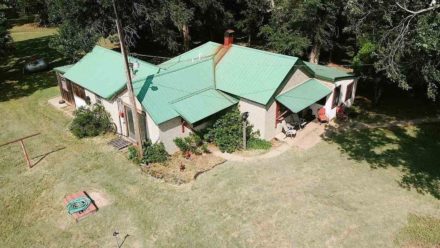love in the time of COVID
A few days ago, Joanne asked if I could take a break to run over to Target with her. She needed help loading a large Christmas gift.
I was busy, but considering her clear and specific parameters for the job, I said, “Sure, I need a break. Let’s go.” I knew the trip would take 30 minutes max.
But as we entered the store, she said, “Oh, and I need to pick up a toy for Caleb and a few groceries.” That’s when my gears locked up.
She knew; “What’s wrong?”
“Well, I accepted a very specific mission, but you just expanded it.”
“Oh, honey, I’m sorry.”
Then, in all my glorious Ed-ness, I found a somewhat graceful reason to leave, you know, to do more important things. But as I drove away, I’m pretty sure I heard my loving Lord speak, “O, you beautiful man, what the hell’s wrong with you?”
After He and I conversed a while longer, it all started coming back to me, how Joanne brings her own gifts, skills, and ways to our marriage. Her dazzling riddles, allurements, and sparks of humor often pull me out of my personal bunker. The journey into Joanne sometimes drives me nuts… just before it enriches me.
And it does so because we’re not alike.
We came to our marriage from distant places, formed by wildly divergent stories, wired with contrasting brains, furnished with delightfully different bodies, and waltzing through our distinct yet mutual destinies. My thinking works like a bullet; hard, straight, and fast. She muses like a garden of butterflies; fluttering, hovering, and vanishing, sometimes to return to the thought, sometimes not.
I so need her butterflies.
Think of all the gorgeous sounds, sunrises, colors, nuances, graces, and grottos you’ve discovered through your mate. Or once did. Have you lost vision for the marriage? If so, is it possible that the man or woman you first loved twenty, thirty, forty years ago could still be buried deep inside? Could their bundles of secrets and possibilities still be glistening below the surface?
Like so much of life, it comes down to what we see. How did we ever lose sight of God’s extravagant gift inside him or her? Did it slip from your vision when sex began to fade? If so, might that be childish and selfish? Do you think He may be waiting for you to dig deeper, down to your mate’s hidden caverns of beauty?
What about our community? And nation? Could the same issue apply?
Maybe you and I need the stark differences our polar opposites bring. Lately, I’ve found myself wondering how, when, and why I ever decided I didn’t need those unlike me. When Joanne asked me to run over to Target, God was setting me up for a test. A test of love, which I failed. Does the pandemic also set all of us up for a test of love?
My friend, Washington Post columnist Bill Raspberry, once told me, “Most thoughtful people believe both sides of issues.” Well, of course they do. Life is beautifully variegated and intricate—we embrace liberty and order, free and responsible speech, generosity and restraint, strong national borders and kindness to immigrants (especially the undocumented ones).
But polarizing forces demand that we pick a side, and then learn to hate everyone on the other side. That too is outrageously childish and selfish. As a conservative and as a Christian, I need my liberal and non-Christian friends, including all they know, feel, and carry.
For most of the past decade, I’ve worked with left-of-center people. And I discovered my genuine need for their idealism, collaborative energy, sense of community, bold spirituality, and their willingness to do the hard work of building social capital for those on the margins.
I need each of them to take me beyond myself.
COVID-19 and every other issue (including trips to Target with Joanne) reveal what and who we love, serve, believe, hope, despise, cherish, and fear. Yes, the pandemic raises profound fears of economic damage, loss of freedom, constitutional issues, and death. Those are all valid!
But love—of spouse, family, friends, community, and world—towers above all the other issues. Do I love them more than I love myself? Can I set my fears aside as I decide to place my life on the line for others?
Maybe that’s what Jesus meant when He told His disciples, “Love each other in the same way I have loved you. There is no greater love than to lay down one’s life for one’s friends.” (John 15:12-13, NLT)
Health care workers, law enforcement officers, military personnel, and teachers show us how to do that every day. Your spouse probably does too.
love in the time of COVID Read More »



